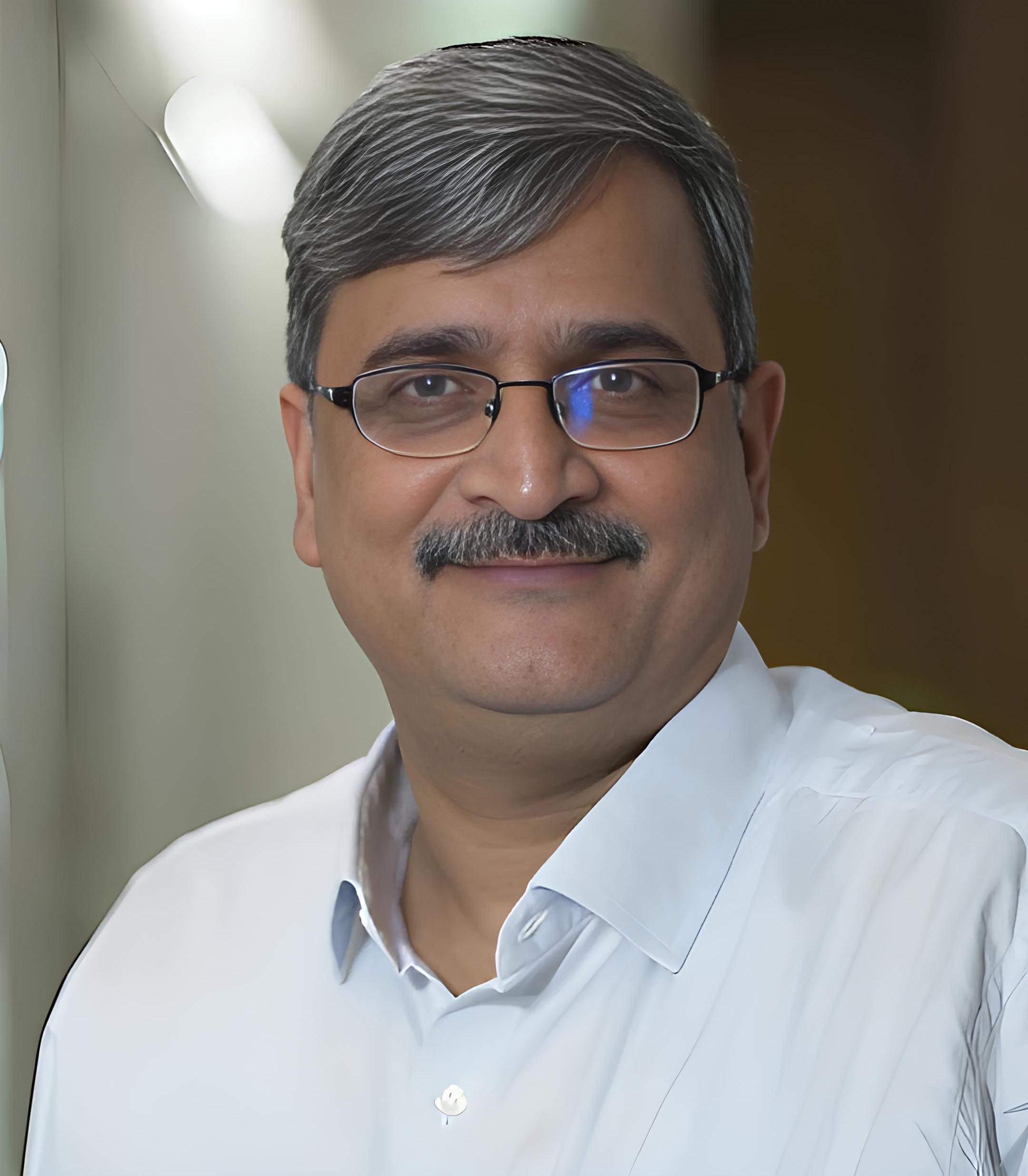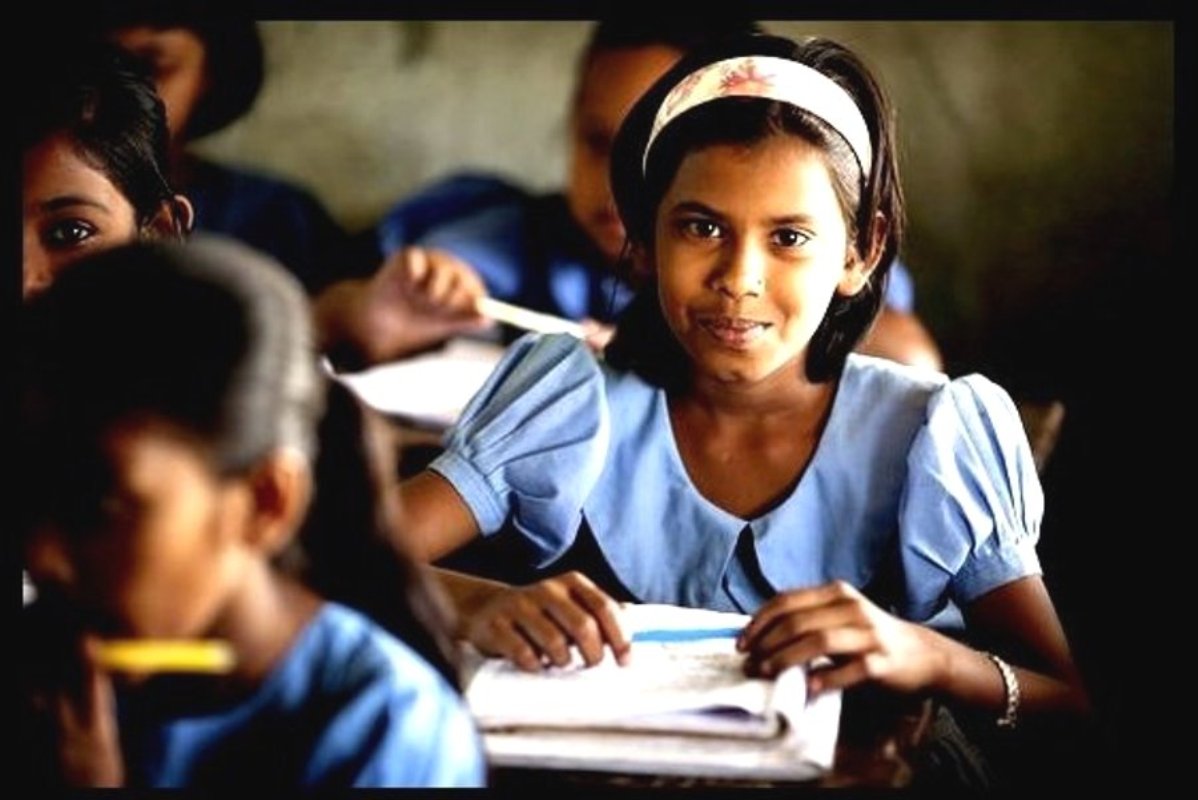 India’s growth story is often told in unicorns and GDP milestones, yet millions remain excluded from its promise. Corporate Social Responsibility, despite billions being invested annually, too often settles for safe, short-term interventions rather than systemic change. What India truly needs is CSR that funds not just projects, but futures.
India’s growth story is often told in unicorns and GDP milestones, yet millions remain excluded from its promise. Corporate Social Responsibility, despite billions being invested annually, too often settles for safe, short-term interventions rather than systemic change. What India truly needs is CSR that funds not just projects, but futures.
Few are better placed to argue this than Shrijeet Mishra—seasoned advisor, board member, and until recently Chief Innovation Officer & Head of Group Services at Aditya Birla Group. With nearly four decades of leadership across Hindustan Unilever, BCCL, and global industry bodies, Shrijeet has consistently championed innovation and sustainability as levers for inclusive growth.
In his piece, “From Streets to Self-Sufficiency: The CSR India Needs,” he urges a shift from charity to long-term social investment, sharing powerful stories that show how dignity and opportunity can replace dependency. His message is clear: it’s time CSR moves beyond checkboxes to create transformation that lasts.
At TheCSRUniverse, we are pleased to present his perspective—one that challenges conventional CSR thinking and calls for a more human, future-focused approach.
From Streets to Self-Sufficiency: The CSR India Needs
India has stepped confidently onto the global economic stage as the world’s fourth-largest economy. Over 100 unicorns are scaling at exponential velocity in a digital ecosystem that is redefining scale and speed in emerging markets. But beneath this economic ascent lies a contrasting and uncomfortable truth: millions of Indians remain locked in systemic exclusion.
The headlines of high growth need a perspective. Our development story must also address the high impact areas: caste-based inequality, gender disparity, economic inequity, social conflict, environmental degradation, youth unemployment, and the persistent burden of poverty and hunger.
An unsettling data reveals that 230 million people lived in multidimensional poverty (UNDP, 2023) in India. Our country ranks 105th out of 125 on the 2024 Global Hunger Index.
Undoubtedly, India’s strides in poverty alleviation are undeniable—extreme poverty fell to just 2.3% in FY 2022–23, as noted by the World Bank.But the urban India narrative is complex. Data may signal prosperity, but lived realities often tell a different story. Numbers indicate that just 1.1% of urban residents fall below the extreme poverty line, but in reality a much larger segment hovers precariously above it. It’s about time we shift from celebrating milestones to achieving inclusive momentum.
This is where CSR can truly make a world of difference—by moving beyond superficial, checkbox exercises.
India’s CSR ecosystem has grown in size and structure since the 2% mandate was introduced in 2014. In FY 2023–24 alone, nearly Rs 28,000 crore was invested through corporate giving. These are impressive numbers. But CSR often plays it safe. Funds are directed to familiar sectors education, healthcare, sanitation, rural development.
Long-term change gets lost in short funding cycles and scattered projects. The harder problems go untouched. It’s a question of focus— we must overhaul our CSR imagination.
Creating lasting change, breathing life into communities, and igniting opportunities need more than merely good intentions.
For example, investing in a girl child's future doesn’t end with a gesture—it begins there. The responsibility remains unfulfilled and the impact incomplete until she is supported not only through education but all the way to meaningful, dignified employment.
At Beggars Corporation, a for-profit company model that tries to make the beggars both creators and owners of wealth, they didn’t just start a school. They planted the seeds of possibility. Here, children of beggars aren’t merely educated; they’re empowered with the skills and confidence to become employable, transforming inherited hardship into hope.
India must take such solution models seriously. By building pathways for street-dwellers. By restoring their sense of self-worth and helping them become confident, maybe even capable entrepreneurs, and walking alongside them until self-sufficiency becomes reality.
When CSR funds turn into social investments that drive long-term change, it no longer becomes merely act of charities. These impactful models drive transformation that’s both human and lasting.
I’ve had the privilege of witnessing this transformation. I have seen Mirchmala Didi, who once relied on alms at the ghats, stand tall as an entrepreneur. An earning of Rs 25,000 per month arms her with self-sufficiency. Now, she looks the world in the eye. Her journey from rags to dignity, if not riches, is proof that with the CSR right support, resilience rises.
Then there's 12-year-old Vishal Shankar who works as a tourist guide after school to support his mother and two younger siblings.
There is learning from these profound stories. To drive high-impact, lasting change, we must commit to seeing the entire development chain through—from intervention to independence. CSR capital must be allowed to flow into areas that build permanent capacity—education, skilling, entrepreneurship, and economic empowerment.
True transformation happens when we stay the course, ensuring support doesn’t stop at awareness but extends to employment or even entrepreneurship. This demands collaboration with institutions that share the same vision. Like minded organisations across sectors—corporates, communities, governments, and social enterprises — can work together to bring about systemic change.
And it’s about time we contest a long-standing assumption: that impact must always wear the label of non-profit. If opportunities and transformation are the outcomes, institutions with purpose needn't be apologetic about profits. When purpose is paired with profit, we unlock a model that is charitable, sustainable and financially rewarding.
Money talks, so let CSR give it the right script. One that funds not just short-term fixes but futures.





 India’s growth story is often told in unicorns and GDP milestones, yet millions remain excluded from its promise. Corporate Social Responsibility, despite billions being invested annually, too often settles for safe, short-term interventions rather than systemic change. What India truly needs is CSR that funds not just projects, but futures.
India’s growth story is often told in unicorns and GDP milestones, yet millions remain excluded from its promise. Corporate Social Responsibility, despite billions being invested annually, too often settles for safe, short-term interventions rather than systemic change. What India truly needs is CSR that funds not just projects, but futures.


.jpg)










